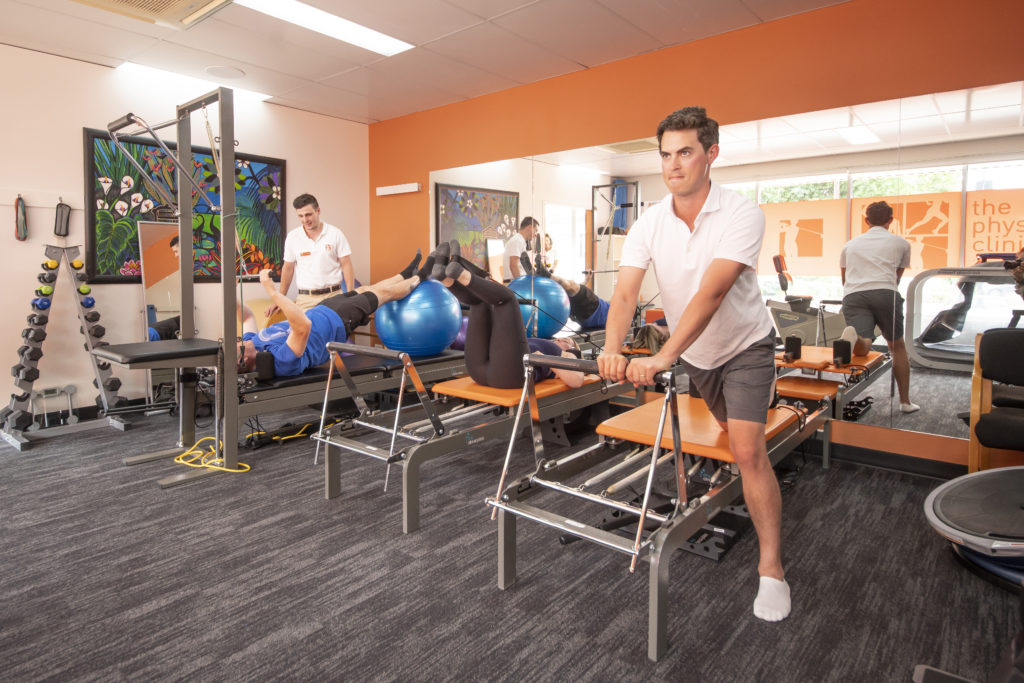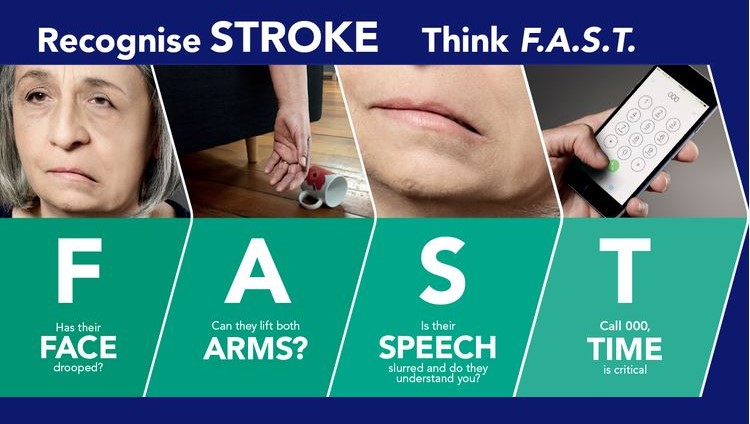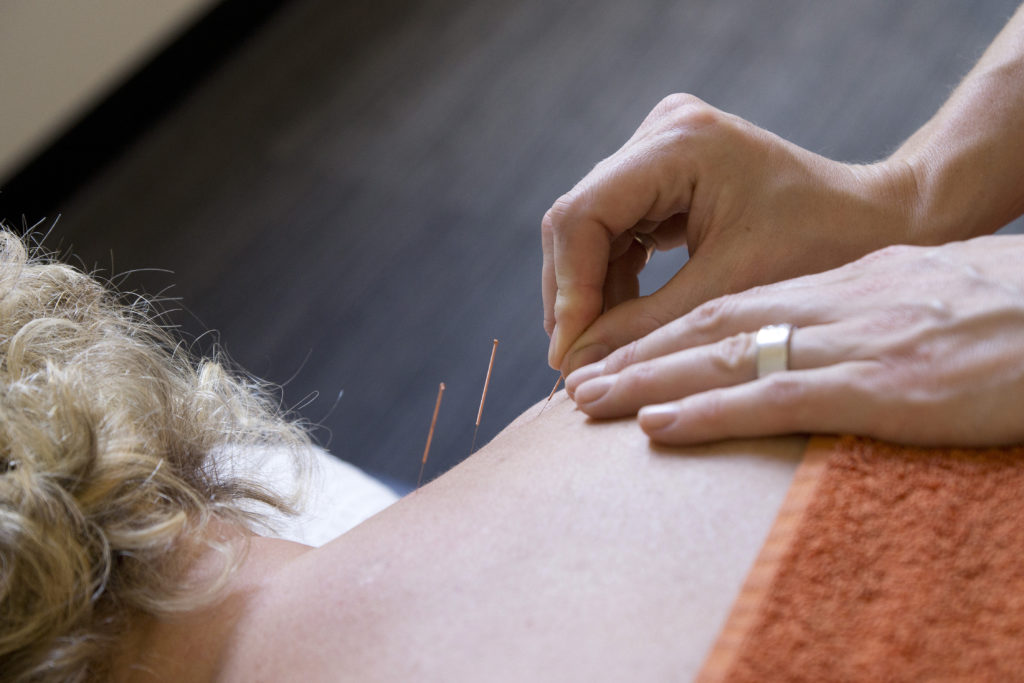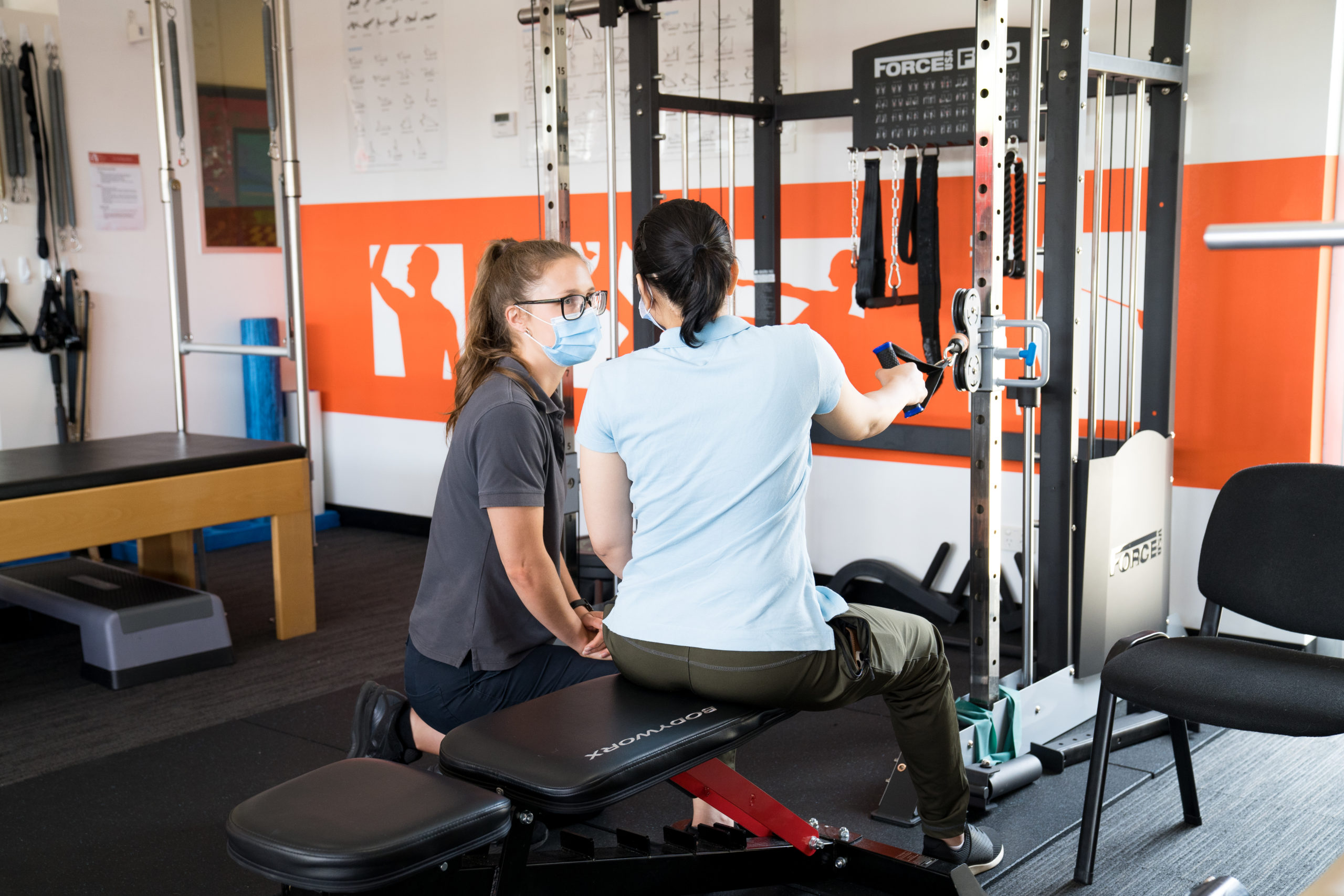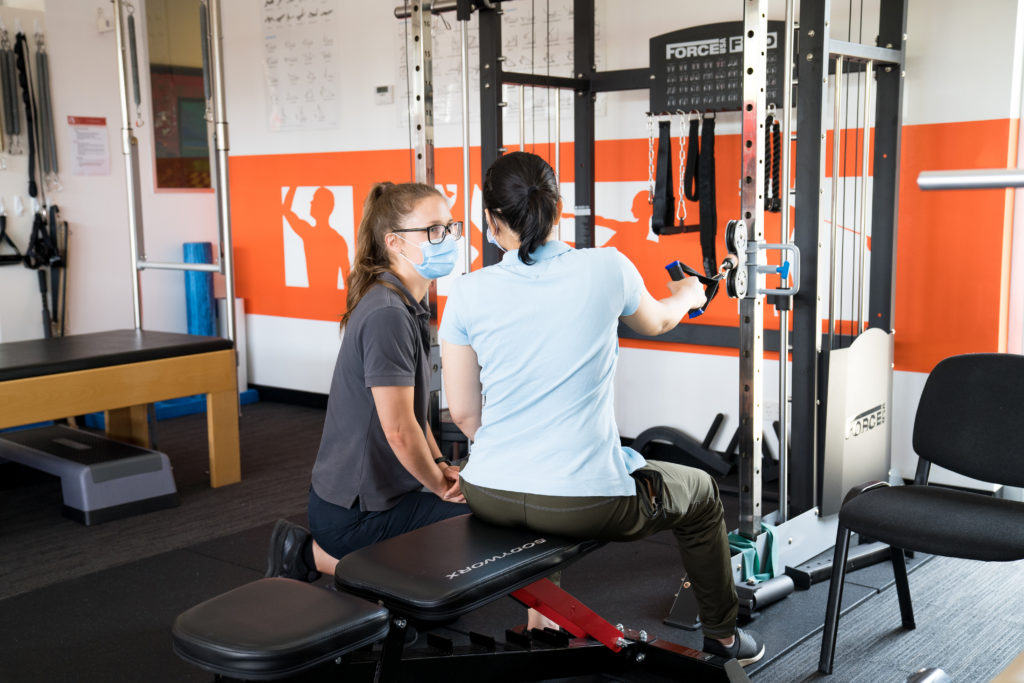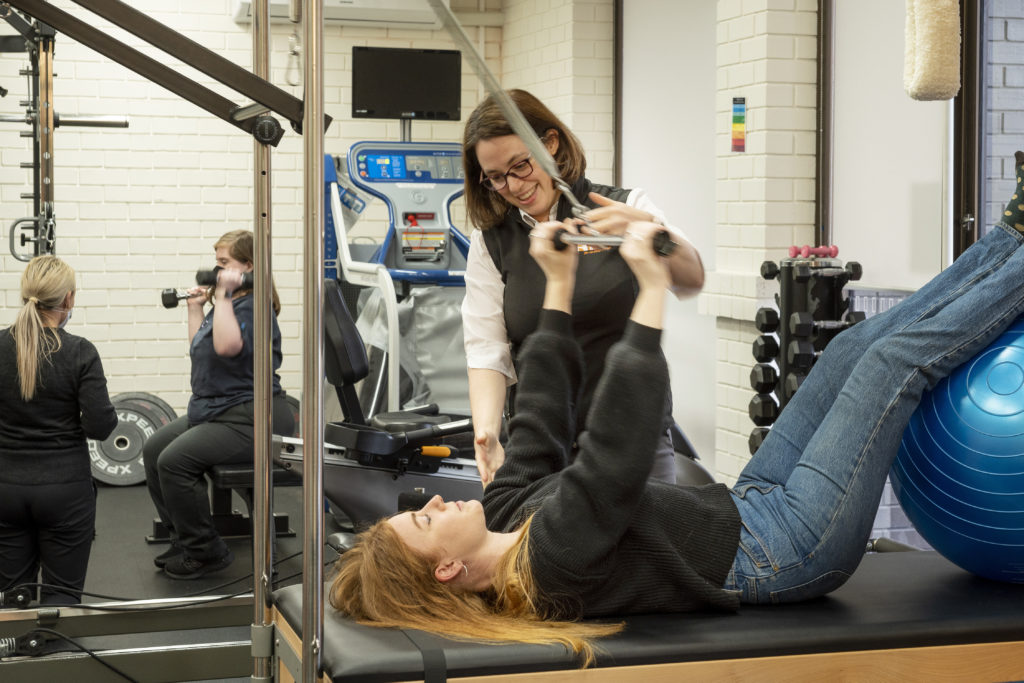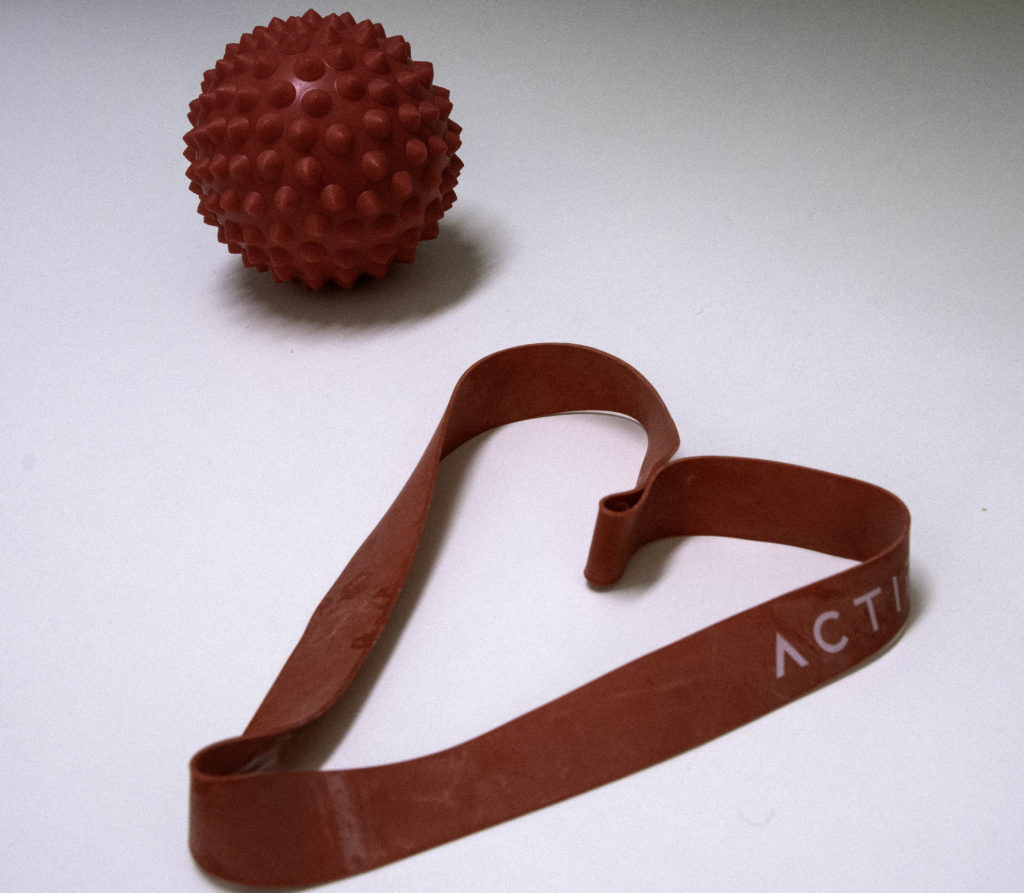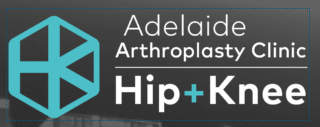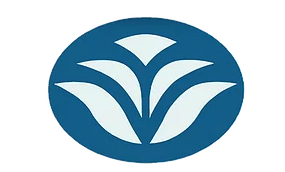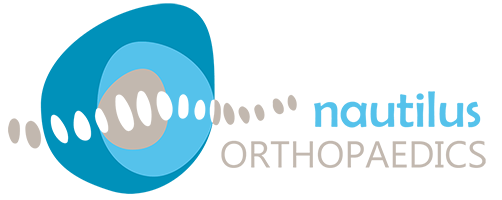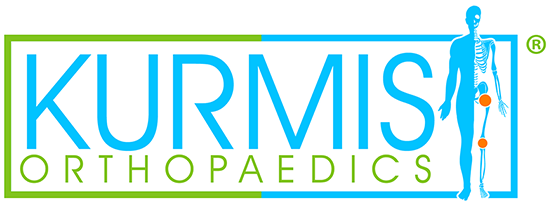Let’s face it…life is hectic! We all have a tendency to become creatures of habit…falling into a predictable routine, moving through the same motions, day in and day out. Don’t get us wrong, having a routine is fantastic! It keeps us organised, helps us form healthy habits and reduce stress! However…there are many benefits, physically and mentally to challenging ourselves to expand outside our norm.
We all know that regular exercise is imperative to promoting a healthy lifestyle and optimising our functioning every day. When it comes to exercise, there are many benefits to switching up your routine and trying different forms of movements. This may feel like it is outside of your comfort zone but rest assured not only your body, but your brain will absorb so many wonderful benefits from trying something new.
At The Physio Clinic, we provide a fantastic space for all our clients to utilise our knowledge and clinical assessment to access and enjoy a tailored exercise program to reap all of the benefits in our Physio Exercise Classes (PEC).
With the variety of equipment, individualised programs and Physiotherapist supervision in each class, there is no limit to what you can achieve and no shortage of opportunities to reach your goals, whether these be improvements in strength, endurance, rehabilitation, pain relief, balance, mobility…the list goes on and on!
